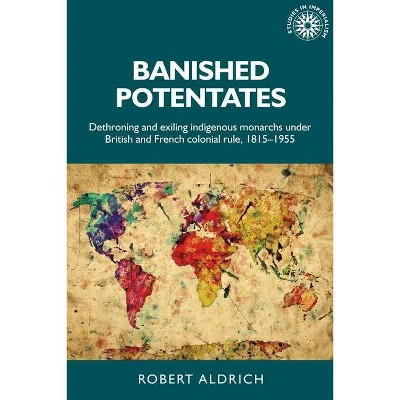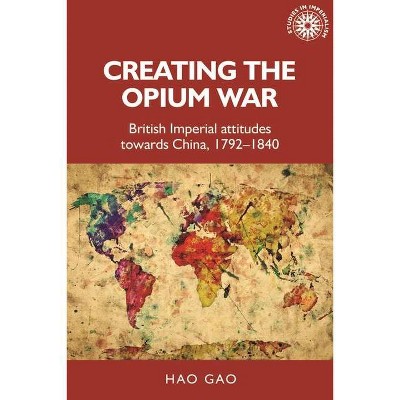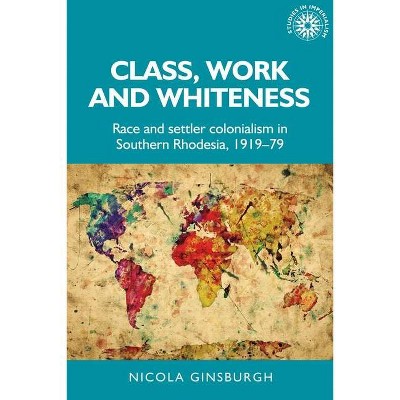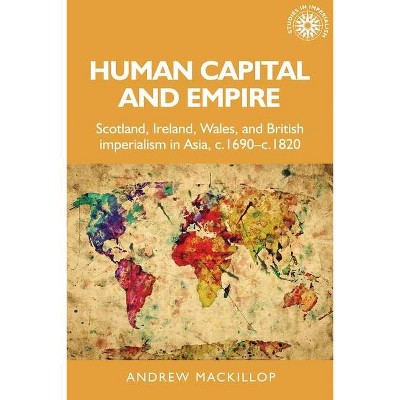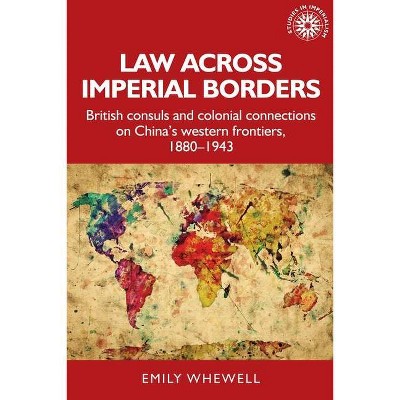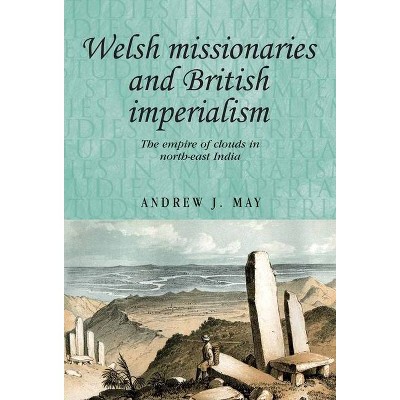Governing Natives - (Studies in Imperialism) by Ben Silverstein (Hardcover)
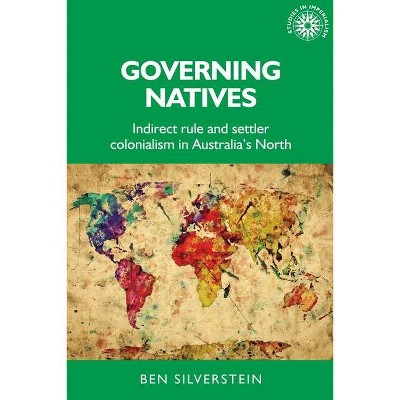
Similar Products
Products of same category from the store
AllProduct info
<p/><br></br><p><b> About the Book </b></p></br></br>This book examines both the turn to indirect rule as a way of mediating and resolving some of the contradictions that had tended to crisis, and the way both indirect rule and settler colonialism were transformed by this new political dispensation.<p/><br></br><p><b> Book Synopsis </b></p></br></br><p>In the 1930s, a series of crises transformed the relationship between settlers and Aboriginal people in Australia's Northern Territory. Australian settlers were coming to understand that the Northern Territory required a new form of government. Responding to crises of social reproduction, public power, and legitimacy, they re-thought the scope of settler colonial government by drawing on both the art of indirect rule and on a representational economy of Indigenous elimination to develop a new political dispensation that sought to incorporate and consume Indigenous production and sovereignties. This book illustrates the emergence of ideas and practices of indirect rule in this unlikely colonial situation through the interrogation of archival material and texts of colonial administration. <br /> <br /> This volume demonstrates that the practice of indirect rule was an effect of Indigenous or 'native' people's insistence on maintaining and re-inventing their political formations, their refusal to be completely dominated, and their frustration of colonial aspirations to total control. These conditions of difference and contradiction, produced a colonial state that was created both by settlers and by the 'natives' they sought to govern.<br /> <br /> <em>Governing natives</em> locates Aboriginal history within imperial history, situating the settler colonial politics of Indigeneity in a broader governmental context. Australian settler governmentality, in other words, was not entirely exceptional; in the Northern Territory, as elsewhere, indirect rule emerged as part of an integrated, empire-wide repertoire of the arts of governing and colonising peoples.</p><p/><br></br><p><b> From the Back Cover </b></p></br></br>In the 1930s, a series of crises transformed the relationship between settlers and Aboriginal people in Australia's Northern Territory. Australian settlers were coming to understand that the Northern Territory required a new form of government. Responding to crises of social reproduction, public power, and legitimacy, they re-thought the scope of settler colonial government by drawing on both the art of indirect rule and on a representational economy of Indigenous elimination to develop a new political dispensation that sought to incorporate and consume Indigenous production and sovereignties. This book illustrates the emergence of ideas and practices of indirect rule in this unlikely colonial situation through the interrogation of archival material and texts of colonial administration. This volume demonstrates that the practice of indirect rule was an effect of Indigenous or 'native' people's insistence on maintaining and re-inventing their political formations, their refusal to be completely dominated, and their frustration of colonial aspirations to total control. These conditions of difference and contradiction, produced a colonial state that was created both by settlers and by the 'natives' they sought to govern. <i>Governing natives</i> locates Aboriginal history within imperial history, situating the settler colonial politics of Indigeneity in a broader governmental context. Australian settler governmentality, in other words, was not entirely exceptional; in the Northern Territory, as elsewhere, indirect rule emerged as part of an integrated, empire-wide repertoire of the arts of governing and colonising peoples.<p/><br></br><p><b> Review Quotes </b></p></br></br><br>'A short review cannot do justice to this innovative, original, and carefully researched study. Silverstein has clearly situated Australian settler colonialism and its practices towards Indigenous people within a wider imperial context.' <i>Australian Historical Studies</i><br><p/><br></br><p><b> About the Author </b></p></br></br><br><strong>Ben Silverstein</strong> is a Postdoctoral Research Fellow in the School of History at The Australian National University<br>
Price History
Price Archive shows prices from various stores, lets you see history and find the cheapest. There is no actual sale on the website. For all support, inquiry and suggestion messages communication@pricearchive.us
